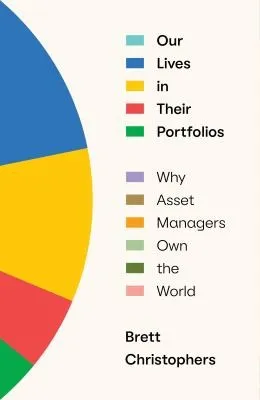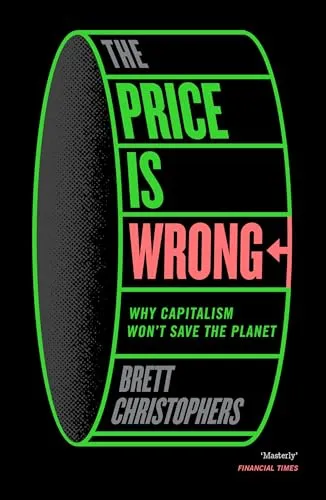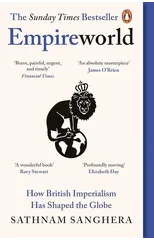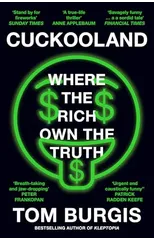Our Lives in Their Portfolios
Why Asset Managers Own the World
(Autor) Brett ChristophersAll hail the new masters of Capitalism: How asset managers acquired the world Banks have taken a backseat since the global financial crisis over a decade ago. Today, our new financial masters are asset managers, like Blackstone and BlackRock. And they don’t just own financial assets. The roads we drive on; the pipes that supply our drinking water; the farmland that provides our food; energy systems for electricity and heat; hospitals, schools, and even the homes in which many of us live—all now swell asset managers’ bulging investment portfolios. As the owners of more and more of the basic building blocks of everyday life, asset managers shape the lives of each and every one of us in profound and disturbing ways. In this eye-opening follow-up to Rentier Capitalism, Brett Christophers peels back the veil on “asset manager society.” Asset managers, he shows, are unlike traditional owners of housing and other essential infrastructure. Buying and selling these life-supporting assets at a dizzying pace, the crux of their business model is not long-term investment and careful custodianship but making quick profits for themselves and the investors that back them. In asset manager society, the natural and built environments that sustain us become one more vehicle for siphoning money from the many to the few.
Brett Christophers
Brett Christophers is a renowned writer and academic known for his insightful analyses of urban and economic issues. He has authored several influential books, including "The New Enclosure: The Appropriation of Public Land in Neoliberal Britain" and "Rentier Capitalism: Who Owns the Economy, and Who Pays for It?" Christophers' writing style is characterized by its clarity, rigor, and depth of research. His works have made significant contributions to the fields of urban studies, political economy, and geography. "The New Enclosure" is considered his most famous work, shedding light on the privatization of public land in modern Britain. Christophers' impact on literature lies in his ability to blend academic scholarship with accessible writing, making complex economic and urban theories understandable to a wider audience.





